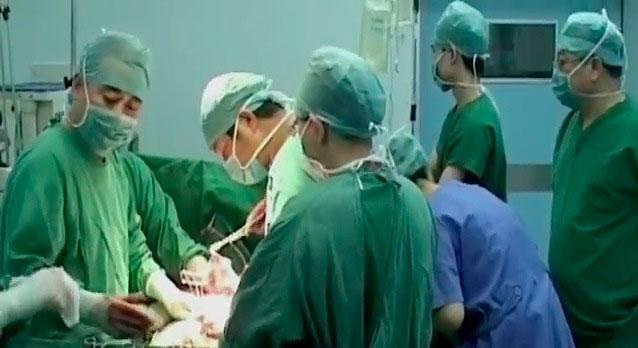Three major Catholic organizations and one of the largest physician organizations in the United States are warning the American public about a national proposal to redefine what constitutes being legally dead and its implications for card-carrying organ donors and the transplant industry.
The Uniform Law Commission (ULC), an influential national organization that recommends legislation to all 50 states, has introduced changes to the Uniform Death Determination Act (UDDA), that would amend the definition of brain death to partial brain death or what Dr. Joseph Meaney, President of the National Catholic Bioethics Center (NCBC) described to The Epoch Times as “not really dead.”




